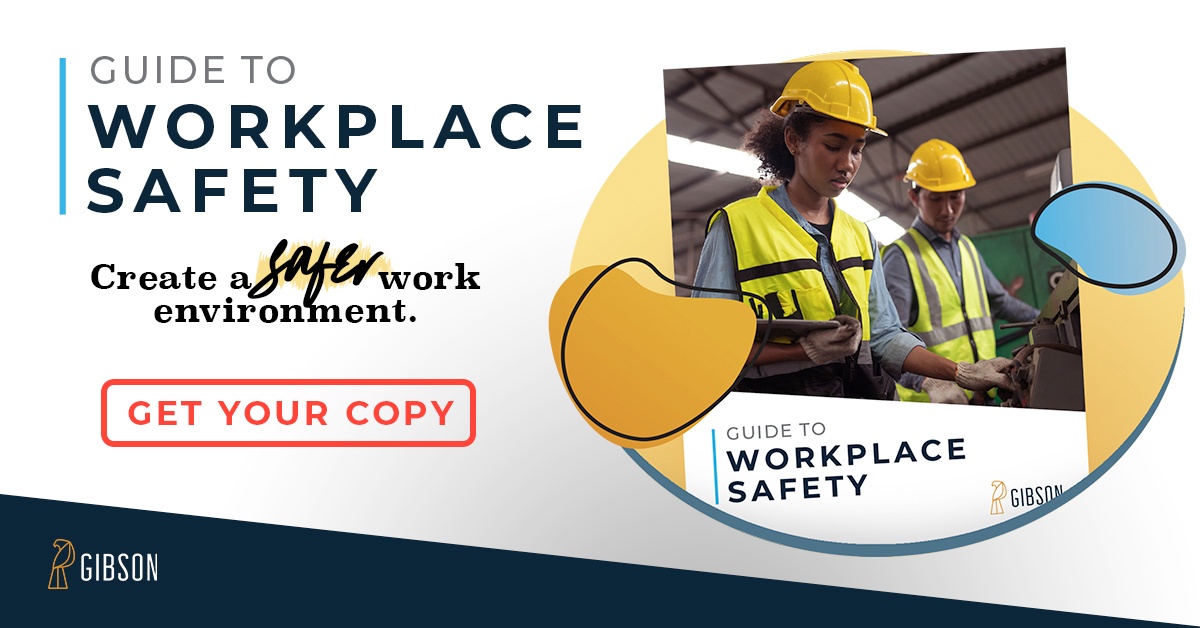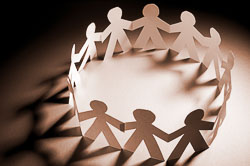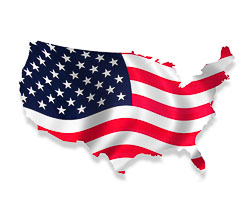
Many people are required to use safety equipment at their jobs. Taking safety precautions is just as important at home. You might reach for ear plugs or protective goggles to help complete your job duties without a second thought, but many people don’t bother to observe the same precautions at home. Maybe it’s because your boss isn't watching, or maybe you feel like you just don’t need to bother for little around the house jobs. After all, you will only be using the leaf blower for fifteen minutes, not the entire day. Maybe you think your job is quick and easy so you don’t need protection. Think again! It only takes being distracted for a second to cause a serious injury. And exposure to loud noise takes its toll on your hearing at lower decibels more easily than most people realize.
Plan Your Project
The first thing you should do after deciding to take on a project of any kind is some preliminary planning. Assess the area you will be working in for potential hazards and figure out what precautions you should take to stay safe. Take note of what type of Personal Protective Equipment (PPE) you will need. Make sure it meets ANSI standards - which should be stamped on it. If it does not meet ANSI standards, don't buy it. Make sure your PPE fits correctly and is in good working order, and safety check any tools needed for your project.
Protective Equipment
As a homeowner, you will eventually need to perform maintenance on your property. While you can hire a professional for most jobs, sooner or later, most people have to do a little bit of their own maintenance. This can include various types of yard work, minor repairs, or major renovation projects. Or you might need to deal with an emergency such as a burst pipe, broken window, or roof leak. Whatever you have planned, make sure you have the correct protective equipment.
The type of protective equipment you need depends on the job. At a minimum, homeowners should have ear protection, eye protection, a dust mask, and a couple different types of work gloves. Work boots, a face guard and hard hat are other basic items that are useful and will help you to get you started on many projects. The key is to buy high quality protective equipment. Poorly made safety gear will not protect you and then you will be out more than just a little extra money.
Find out what safety ratings apply to your equipment and what specifications are necessary for the job. Some examples are the N and R ratings on dust masks and respirators and the types and classes of hard hats. Make sure your protective equipment is appropriate for what you are doing. For example, safety goggles that protect against flying debris may not be sufficient protection when working with cleaning chemicals.
Use Common Sense
It may sound obvious, but a little common sense can go a long way in preventing injuries. Using your best judgment will help keep you safe:
- Read instructions before operating tools and safety equipment
- Don't work when you are tired
- Don't use power tools while consuming alcohol
- Dress appropriately with no dangling jewelry or loose sleeves that can get tangled in equipment or power tools
- Make sure young children are indoors when you are operating equipment such as a lawn mower or weed trimmer
Your safety is extremely important, even while working at home. These basic precautions are easy to implement and still make a big impact.
Share your stories with us!





